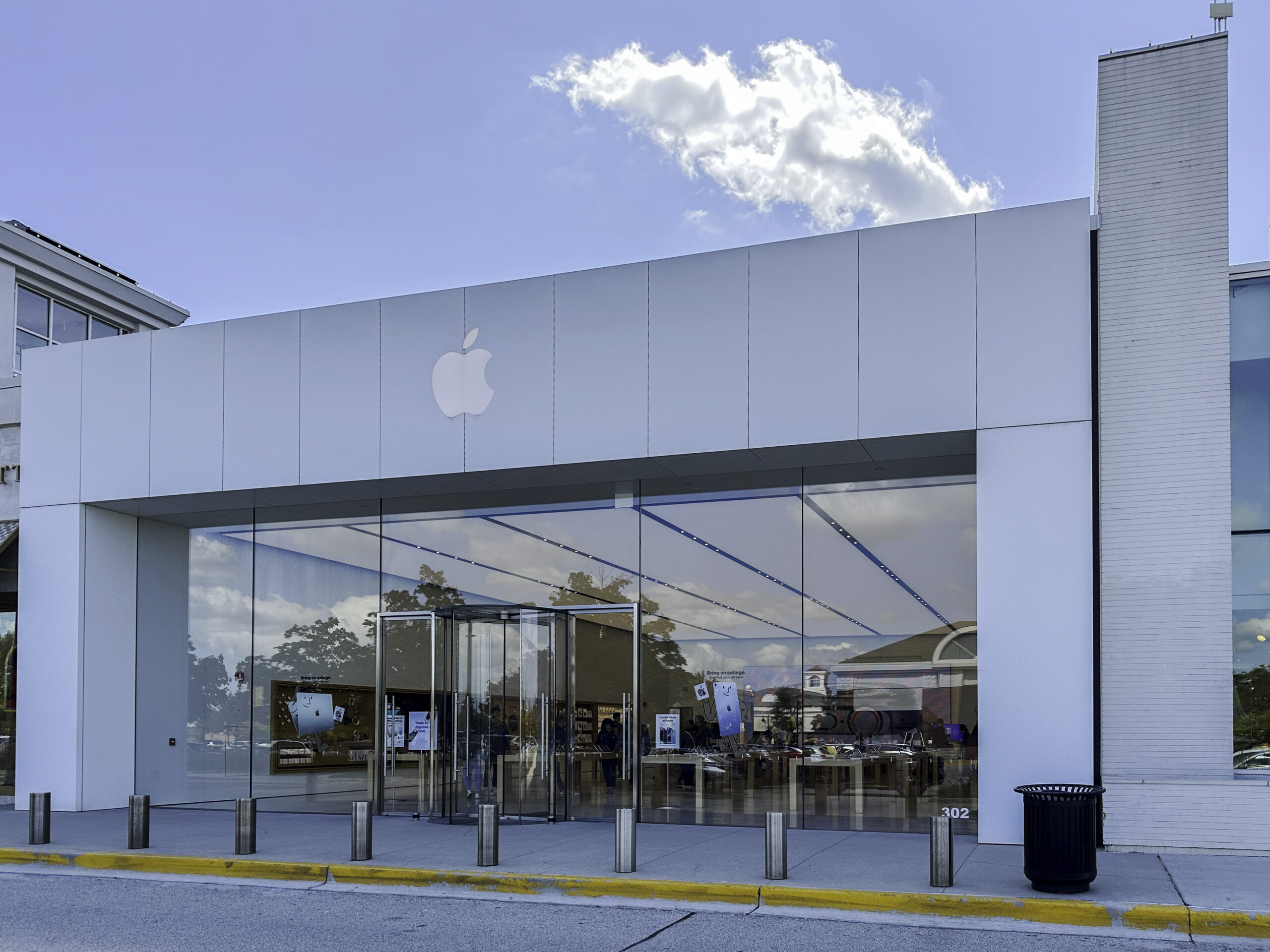The Antitrust Truth vs. The Discomfort of Thought

The fact that McDonald’s maintains an extensive advertising campaign doesn’t make its burgers the best, despite their popularity. A similar pattern is what we’ve been observing with the anti-tech movement that has gained traction in the past years. Indeed, one has to recognize that the antitrust Neo-Brandeisian movement has skillfully managed to use all marketing opportunities — often offered by digital services — to gain momentum among policymakers and lead the headlines. However, that doesn’t make Neo-Brandeisian ideas good ones for innovation and consumers.
As part of this momentum, Neo-Brandeisians have launched several initiatives, including the release of publications and public events. In these publications, Neo-Brandeisians claim to hold the truth about some of the most successful tech companies in the U.S. And while the debates around antitrust are healthy, it is important to recall the words of John F. Kennedy with regards to “the truth”:
¨The great enemy of the truth is very often not the lie — deliberate, contrived and dishonest — but the myth — persistent, persuasive, and unrealistic. Too often we hold fast to the cliches of our forebears. We subject all facts to a prefabricated set of interpretations. We enjoy the comfort of opinion without the discomfort of thought.¨
Likewise, the persistent and unrealistic positions held by Neo-Brandeisians is what makes the current antitrust debate dangerous for the progress of innovation in the U.S. For the past few decades, antitrust thinkers have debated and transformed the U.S. antitrust doctrine by exchanging oftentimes discerning views on what the optimal antitrust policy should be. Traditionally, this diversity of viewpoints on the law and economics made the fine tuning of the antitrust system possible. However, despite differing and even opposing views on what the optimal antitrust system should be, the debates have largely been technical and sophisticated.
Modern Neo-Brandeisians, however, have disrupted the “intellectual DNA of modern U.S. competition law”. By simplifying their discourse, and relying on a prefabricated set of interpretations relating to a handful of technology companies, Neo-Brandeisians have managed to take advantage of certain clichés (e.g. ‘Big is bad’) and shifted the antitrust debate towards an unhealthy regulatory path. But in an era of digitization, where society is undergoing a big transformation with infinite tradeoffs, the comfort of opinion posed by Neo-Brandeisians risks undermining the established power of competition to bring about innovation to help society progress sustainably.
The latest papers published by Neo-Brandeisians prove these dangerous dynamics. As DisCo explained in detail in a previous post, the ‘truth’ claimed in the latest Neo-Brandeisians’ publications is nothing but a list of false premises relating to leading tech companies that lack the technical analysis required by the U.S. antitrust system. While it is true that some technology companies are successful, it is also true that what characterizes this success is their consumer driven and consumer centric business models that merit a more micro level analysis than what Neo-Brandeisians conduct in their publications.
Antitrust is not about regulating success, but about economic welfare. In this respect, a simplified vision of the tech sector could lead to the popular conclusions that Neo-Brandeisians are promoting: ‘X, Y, Z companies are becoming too big, hence, break them up!’ Thankfully, the applicable law and economics demand a more dynamic and technical analysis before jumping to simplified conclusions. These analyses act as safeguards to ensure that economic welfare enhancing companies offer the best for consumers respecting the market economy rules. For example, the antitrust norms require the analysis of relevant markets, the counterfactual, the study of barriers to entry, network effects, etc.
Does this mean that antitrust enforcement should not be applicable to successful companies? On the contrary, successful companies should be thoroughly scrutinized by antitrust authorities to ensure that their business practices continue to be welfare enhancing and not anticompetitive. Until Neo-Brandeisians emerged, there was agreement among antitrust experts that this scrutiny should be performed under the existing laws and jurisprudence that protect the welfare of consumers.
But what Neo-Brandeisians propose is a different approach. They do not want to have reinforced antitrust scrutiny, but actually to have norms that impose antitrust remedies based on their tech myths without having to prove anticompetitive harms. Furthermore, they actually prefer not to have antitrust scrutiny at all because that would imply having to undergo a technical analysis on a case by case basis. Obviously, their paradigm would facilitate their preference for aggressive actions against disfavored companies as a targeted regulation would eliminate all necessary technical debate about antitrust enforcement, and eradicate what they see as the antitrust discomfort of thought. But this regulatory approach would also eliminate the unique opportunity to take advantage of the market economy dynamics that are spurring innovation.
For all these reasons, it is important to question simplified propositions relating to the functioning of the market economy and remain skeptical of clichés that are only aimed at persuading an audience about pre-constituted myths, rather than to provoke thought. While debates are healthy, the oversimplification of perceptions should be observed with caution.








